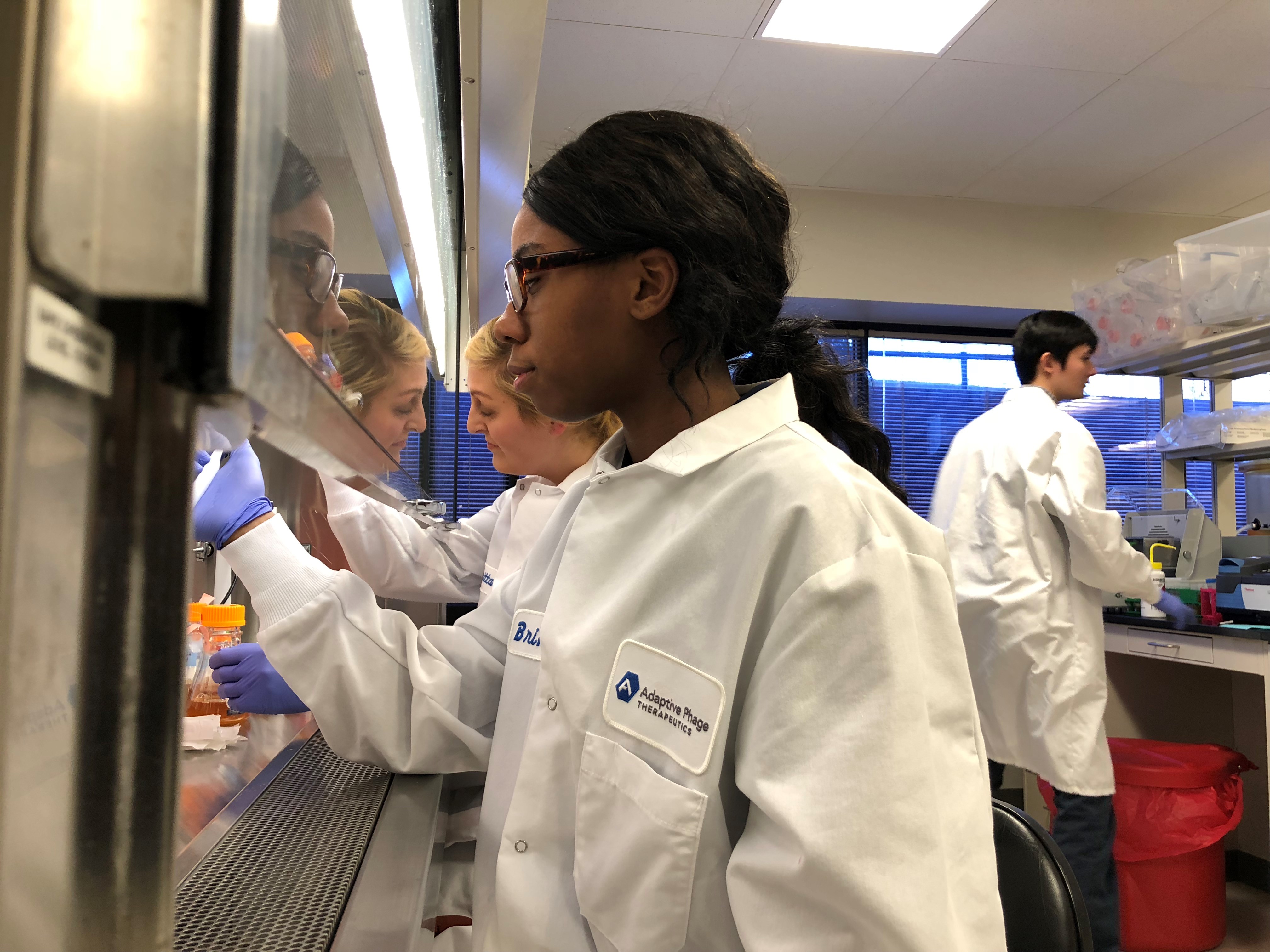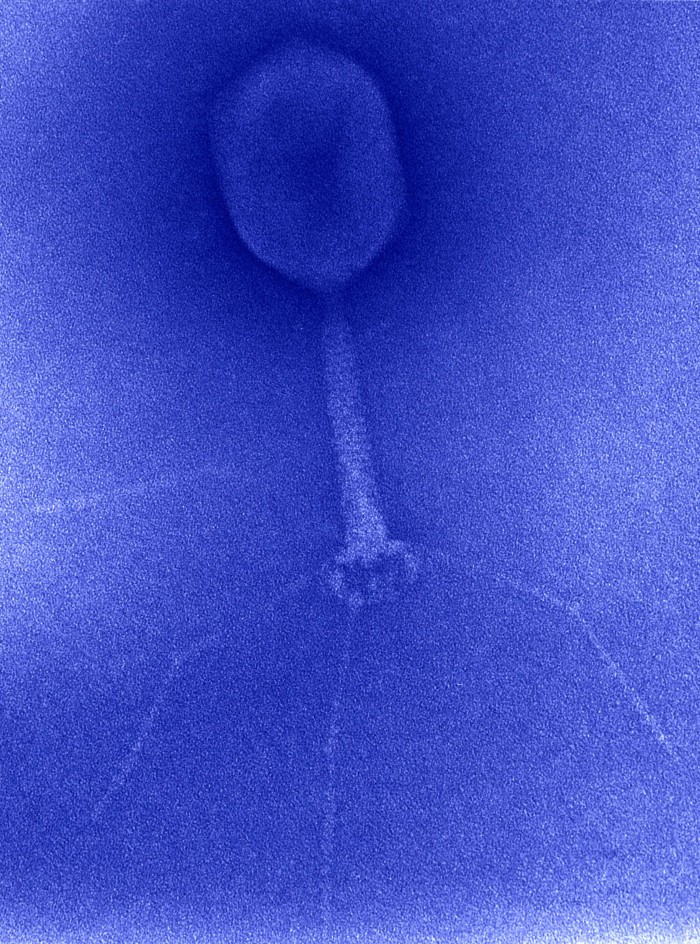Faced with failing antibiotics, scientists are using killer viruses to fight superbugs

Patients in danger of dying from uncontrollable bacterial infections could find new allies: killer viruses known as phages. Armed with advances in DNA sequencing and artificial intelligence, a few startups are turning these natural enemies of bacteria into promising alternatives to antibiotics.
Alternatives are desperately needed as more and more bacteria evolve resistance to the drugs we use today. Each year in the US, about two million people become infected with resistant bacteria, and at least 23,000 of those die from their infections.
Resistance is much less likely to develop with phages, because each type of phage infects a specific type of bacteria. Using them to fight infections is an old idea. But until recently, finding the right type of phage was little more than guesswork. Sometimes a doctor would inject a patient with a phage and it would work, and sometimes it wouldn’t.
As a result, phage therapy is now used only for the sickest patients, as a treatment of last resort. But DNA sequencing and artificial intelligence could make finding the right phage much easier, turning the strategy into a more practical treatment option.
“We can sequence a phage quickly and say, this is the exact DNA sequence we want,” says Paul Grint, CEO of AmpliPhi Biosciences, a startup that is concocting combinations of phages in advance to treat bacterial infections like Staphylococcus aureus. “Ideally, we want a product that we can take out of the refrigerator and give it to a patient,” he says.

Phages often live in dirty places, including sewage, so scientists must first isolate and purify them. After that, AmpliPhi uses DNA sequencing to make sure there’s no errant genetic material left over from potentially harmful pathogens.
Another startup, Adaptive Phage Therapeutics, wants to use AI to tailor phage treatments to individual patients.
The company currently uses a lab test that takes a minimum of eight hours, and sometimes up to a day or two, to get a readout of what phage or phages will work best against a particular strain of bacteria. That, combined with the time it takes to transport a phage to a hospital, can be too long for some patients, says CEO Greg Merril: “When a patient is critically ill, every minute is important.”
So his company is trying to automate that process. It’s developing a machine-learning algorithm that uses data from the genomes of both phages and bacteria. Researchers are training the system to learn how to pick out phages that can infect a specific bacterial strain.
Eventually, Merril sees an AI app being used in hospitals in combination with a dispensing system that could identify the most effective phage or combination of phages and distribute a vial to treat a patient within minutes.
That’s a long way off. For now, Adaptive Phage Therapeutics plans to use the AI system at its Maryland office to determine the best course of treatment for a patient, choose the right phage from its collection, and send the phage to the hospital.
AmpliPhi and Adaptive Phage Therapeutics have successfully treated more than two dozen patients with life-threatening conditions and are currently treating a few others under an emergency use authorization granted by the US Food and Drug Administration.
If the new approaches work, phage therapy could eventually become a mainstream option for treating bacterial infections. Both startups are planning clinical trials to test whether their therapies are better than current antibiotics at defeating bacteria. Those studies could begin as early as this year.
Deep Dive
Biotechnology and health
How scientists traced a mysterious covid case back to six toilets
When wastewater surveillance turns into a hunt for a single infected individual, the ethics get tricky.
An AI-driven “factory of drugs” claims to have hit a big milestone
Insilico is part of a wave of companies betting on AI as the "next amazing revolution" in biology
The quest to legitimize longevity medicine
Longevity clinics offer a mix of services that largely cater to the wealthy. Now there’s a push to establish their work as a credible medical field.
There is a new most expensive drug in the world. Price tag: $4.25 million
But will the latest gene therapy suffer the curse of the costliest drug?
Stay connected
Get the latest updates from
MIT Technology Review
Discover special offers, top stories, upcoming events, and more.